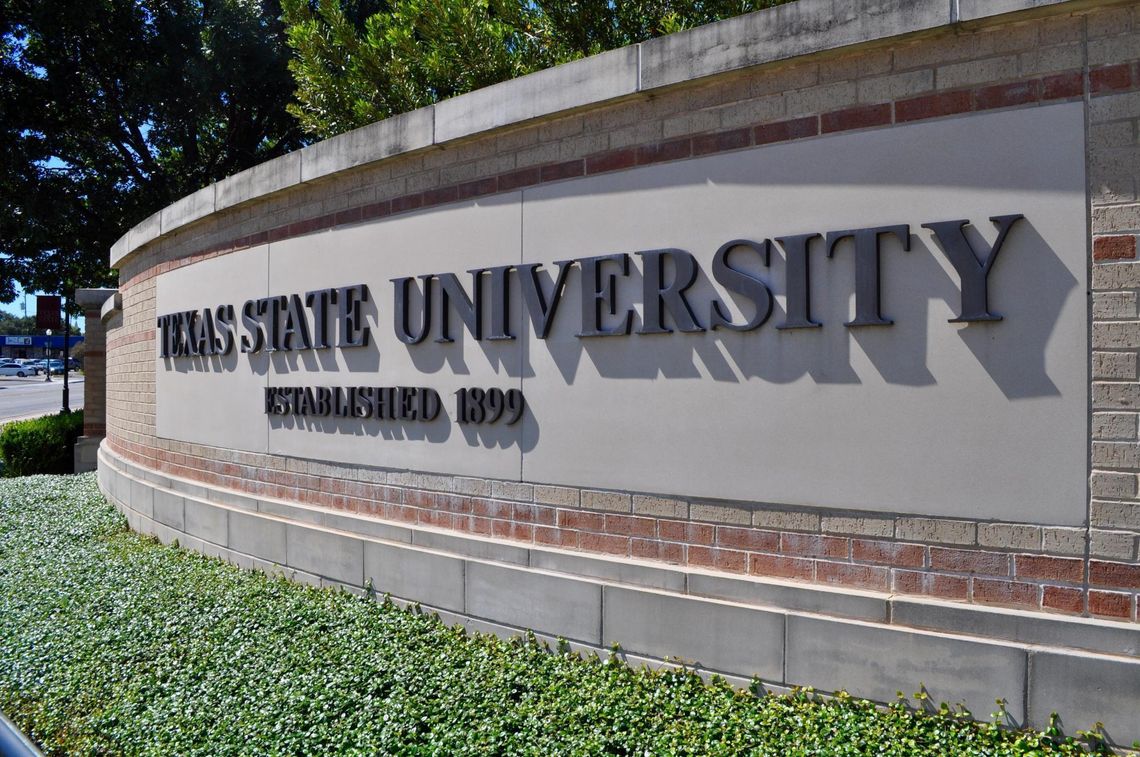Today, the university announced that a faculty member in the Texas State University community tested positive for COVID-19. The faculty member became ill during spring break on March 17 while away from the San Marcos campus. Subsequently, the individual was seen by a primary care provider who later confirmed a positive COVID-19 test result. The faculty member, who lives in Austin, is recovering well and a full recovery is expected.
The faculty member was on campus on March 9 and 11 before the university’s spring break began. The faculty member was completely asymptomatic while on campus. After consulting with the local public health authority, it has been determined that the risk of transmission to others on March 9 and 11 was very low, the university said. Since the faculty member has not returned to campus since March 11, and it is past the 14-day incubation period, the public health authority is not recommending any specific measures be taken by the university at this time.
What is COVID-19?
COVID-19 is caused by a member of the coronavirus family that’s a close cousin to SARS and MERS viruses that have caused previous outbreaks. The disease is caused by a virus named SARS-CoV-2 by the International Committee on Taxonomy of Viruses. COVID-19 may take up to 2-14 days after exposure to appear. The disease can cause a wide range of respiratory illnesses, including fever, cough and shortness of breath, according to the Center for Disease Control and Prevention. The disease originated in Wuhan, China in late 2019.
Tips to prevent the spread of COVID-19
- Wash hands with soap and water for at least 20 seconds several times a day, including between your fingers and underneath your nails. Handwashing is considered the best way to remove germs and dirt, and hand sanitizers should be used only when handwashing is not available. The hand sanitizers should be at least 60 percent alcohol to be effective.
- Avoid handshaking and high-fives
- Avoid touching your face – especially your eyes nose, and mouth
- Stay home when you feel sick
- Cover your coughs and sneezes with a tissue then put the tissue in the trash, or use the crook of your elbow if a tissue isn’t available
- Clean and disinfect frequently touched objects and surfaces using a regular household disinfectant cleaning spray or wipe. Clean cell and desk phones, computer keyboards, door handles, and work surfaces often.
- Face masks are not considered an effective way to prevent someone from catching a virus unless you have close, frequent contact with a sick person; however, they are an option for sick people to use to keep from spreading the virus.
- Avoid travel to areas that have been designated high-risk areas because of multiple verified cases of coronavirus.










